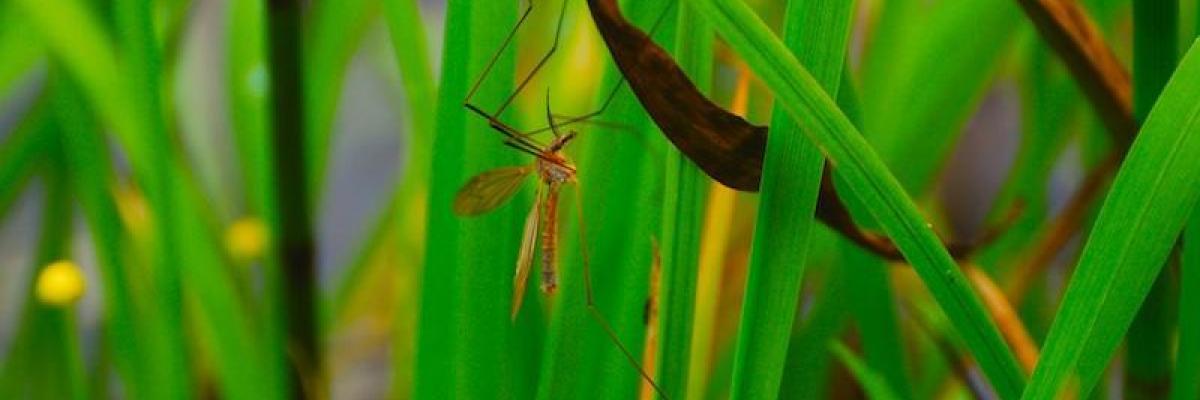Midge
The removal of native vegetation, retention or enlargement of water bodies, seasonal factors and encroachment of residential development can create a midge nuisance.
Fertilisers and other nutrients in the surface and groundwater flows into these wetlands are also likely to fuel aquatic plant and algal growth which promotes midge breeding.
Monitoring of various wetlands indicate that the majority of midge belong to the insect family Chironomidie species. These midges are non-biting and pose no risk to public health. They form a natural important component of the food chain of the lakes and are a food supply for many species of animals including tortoises and water birds. They also have an important role in recycling organic debris.
For more information contact the City’s Health and Compliance section on 9397 3000.
Mosquitoes
There are almost 100 species of mosquitoes in WA and many of which can interfere with leisure time and outdoor activities. Mosquito bites cause discomfort and pain, particularly to infants and others with sensitive skin. Of particular concern is the spread of mosquito borne viruses and parasites, which are a major cause of human and animal infection that can be fatal.
In WA’s metropolitan area, the main mosquito borne diseases are Ross River Virus and Barmah Forest Virus.
There is currently no cure or vaccine for any mosquito borne disease acquired in WA. The only way to prevent infection is to avoid being bitten.
The 3 main strategies to employ are:
- Covering up – using loose fitting clothing, lightly coloured that covers as much as the body possible
- Repelling – using suitable insect repellent containing DEET (diethyltoluamide) or picaridin to exposed skin
- Clean up – around your home. Remove, empty or cover water holding vessels.
Please refer to the Department of Health's Fight the Bite Campaign for more information.
To report mosquito activity that you suspect is coming from environmental water bodies or a private property contact the City’s Health and Compliance section on 9397 3000.
Fruit fly
The fruit fly, or medfly, is a serious horticultural pest in Western Australia, that damages crops and reduces income for our growers and farmers.
Fruit fly is a declared pest under the Biosecurity and Agriculture Management Act 2007, and it is mandatory to control in some areas of Western Australia, including within the City of Gosnells.
It is essential for backyard growers and orchardists to dispose of fly-infested or unwanted fruit left on the tree or on the ground.
For information on how to treat fruit fly, visit the Department of Primary Industries and Regional Development.
Rats
In the colder months rats tend to take shelter wherever they can find it, this can include homes and outbuildings. Here are a few tips that can assist in controlling rodent activity:
- store firewood away from the sides of sheds and fences and well clear off the ground
- limit garden waste and other disused material in sheds or around the yard
- remove fruit and nuts from trees or vines at the end of the season
- block holes and other potential access points around all buildings
- regularly clean pet food dishes and store bulk pet food supplies in sealed containers
- maintain rubbish bins and compost containers in good condition and free from holes
To report concerns about rodent activity around your home or potentially from a neighbouring property contact the City’s Health and Compliance section on 9397 3000.
Wasps
Nearly all reports of wasps are the common Paper Wasp, however if you suspect seeing a European Wasp or active nest please refer to the European wasp identification guide.
European Wasp sightings should be reported to the Department of Primary Industries and Regional Development - Agriculture and Food during office hours 9368 3333 or 9368 3080.
